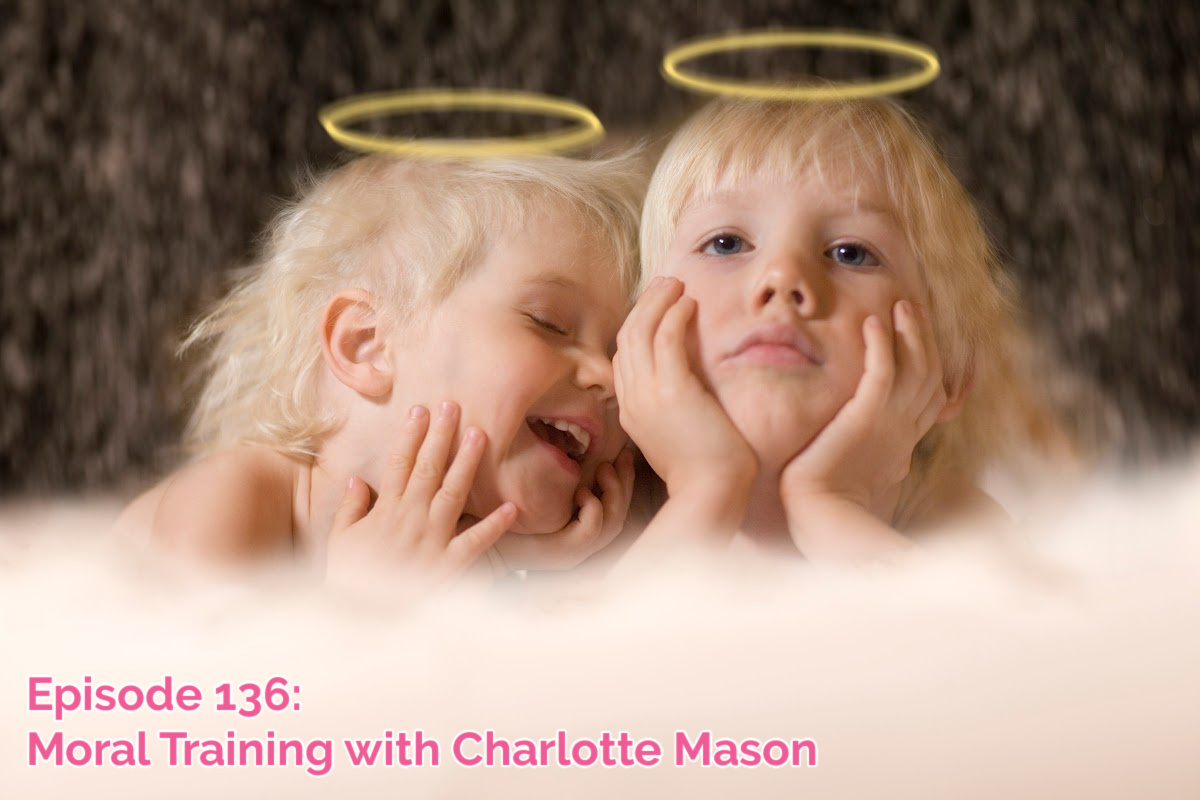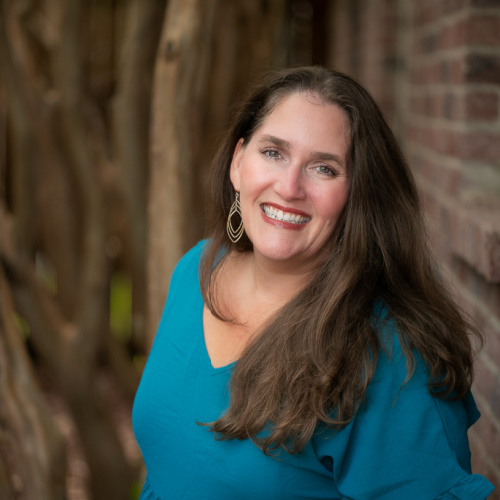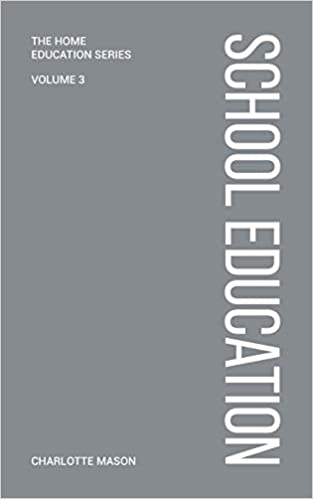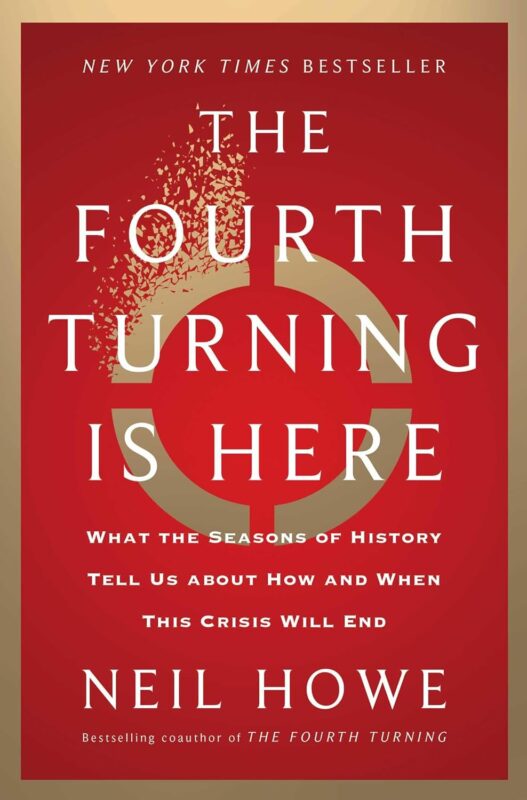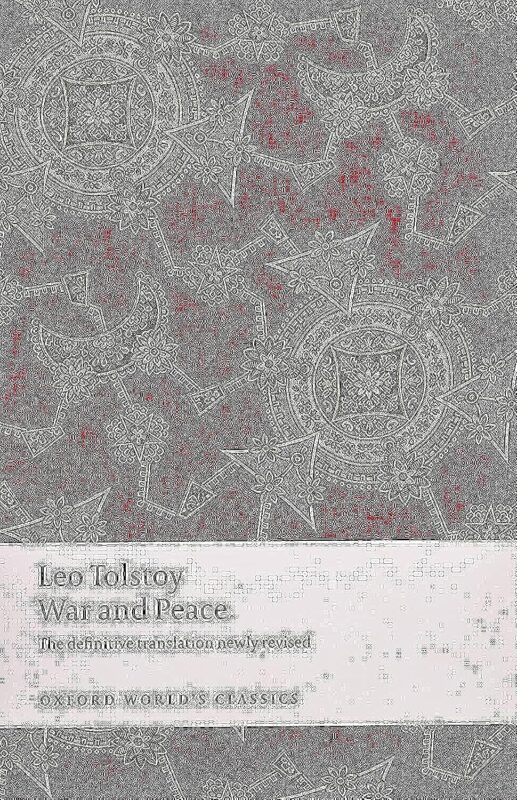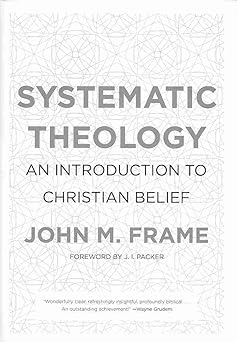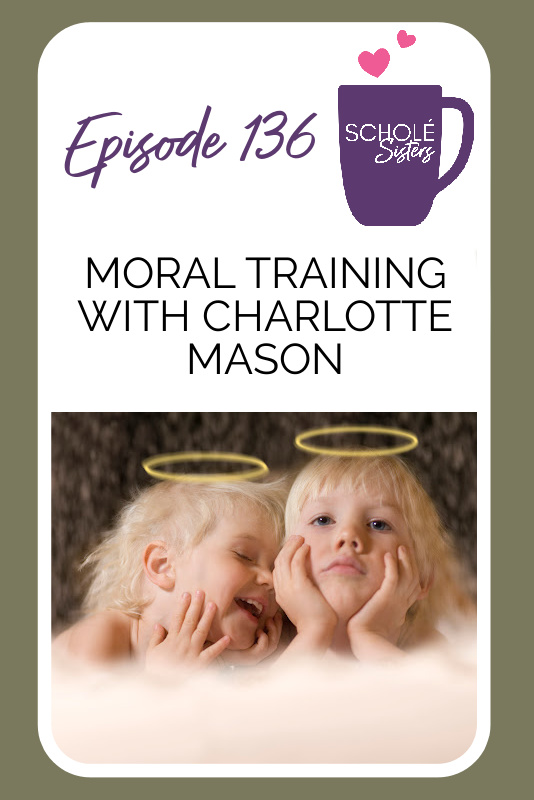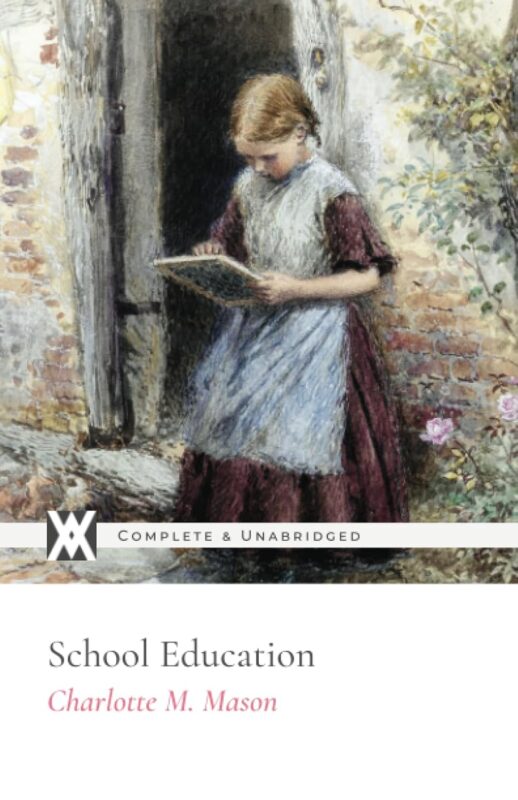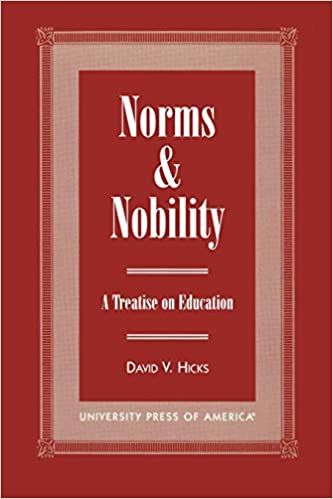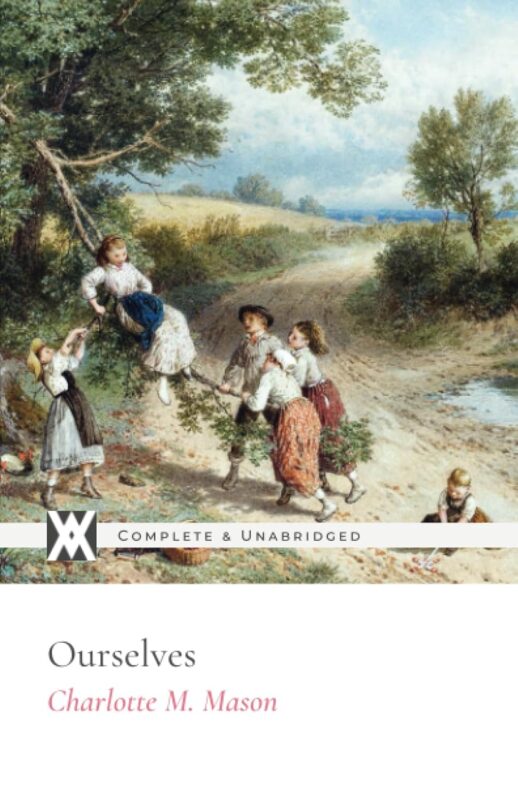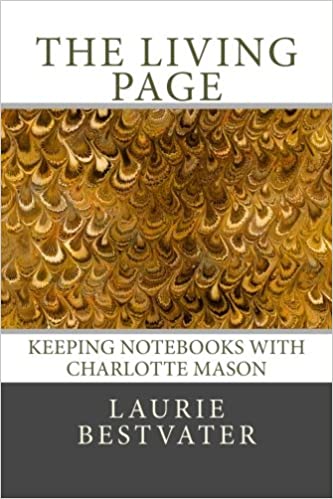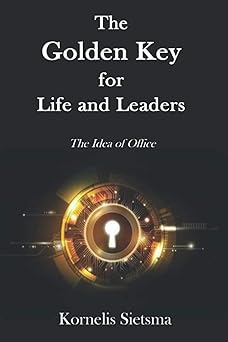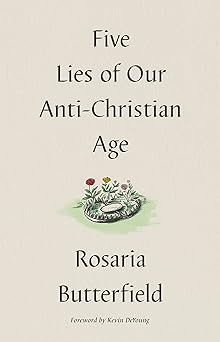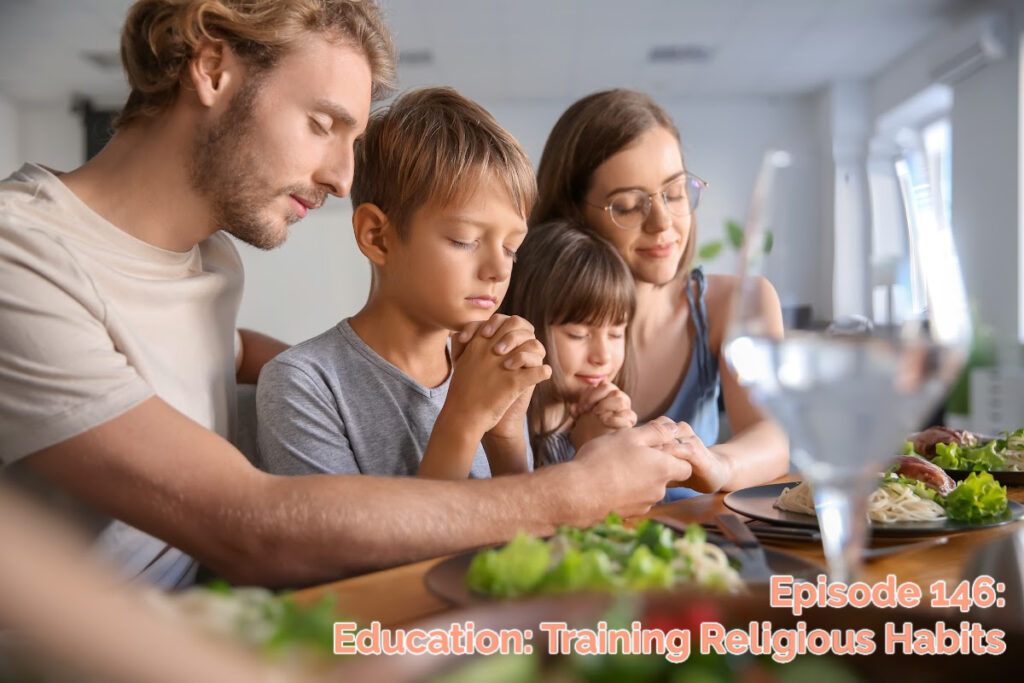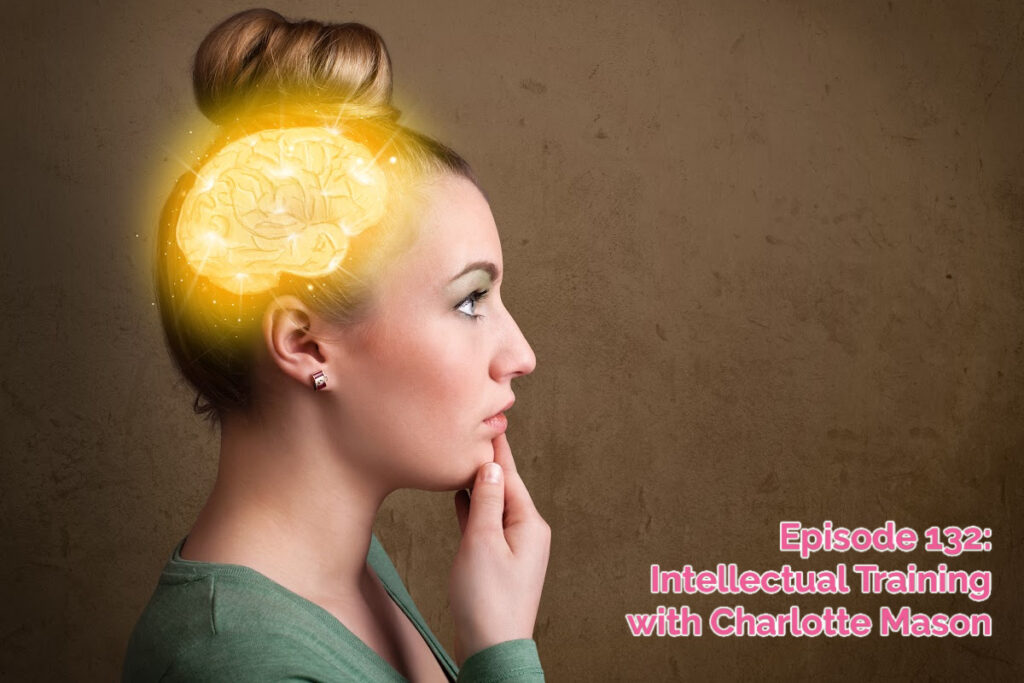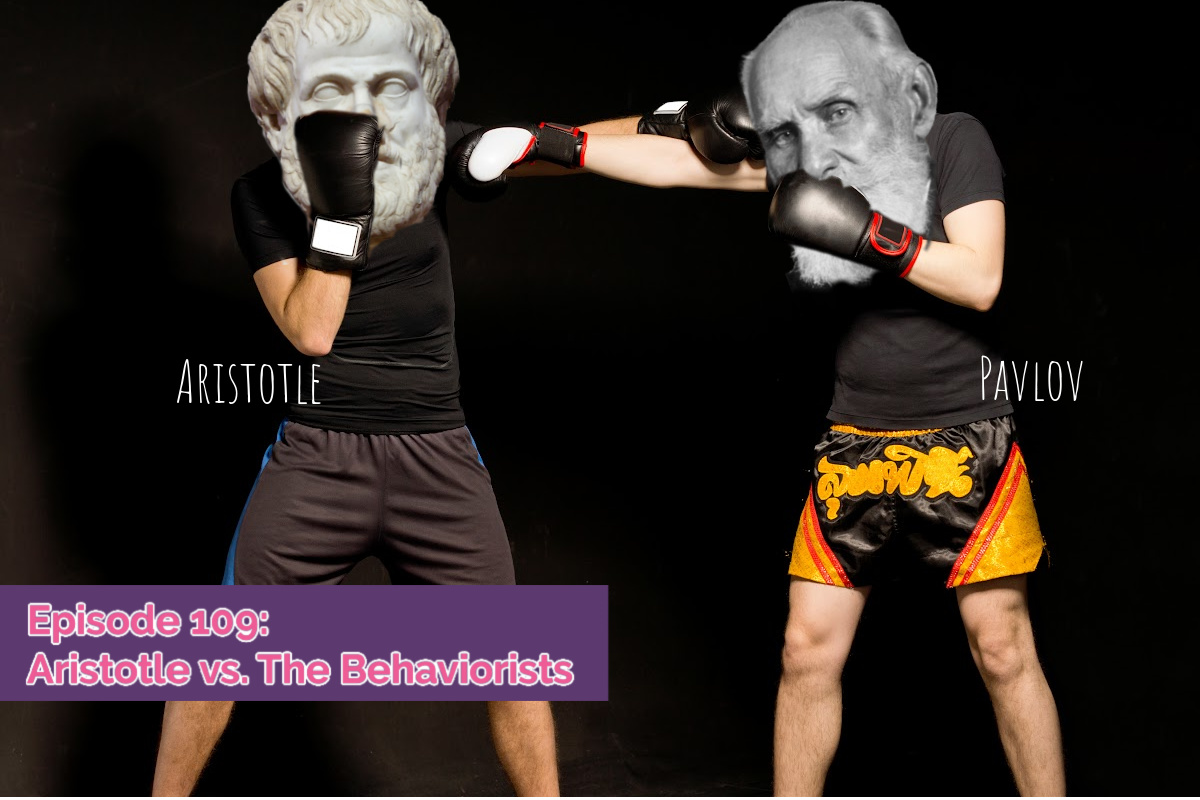SS #136 – Moral Training, Moral Habits
This is the third in our four-part series on Charlotte Mason’s chapters on building intellectual habits. Today we are discussing chapter 12 from Charlotte Mason’s third volume School Education. If you recall, in School Education she has four chapters in a row on intellectual habits.
This one is specifically on MORAL TRAINING. In this chapter, she spends quite a lot of time building a foundation for moral training, and that is where we are going to start.
Habit Training with Charlotte Mason Series
Part 1: Episode #129 – Education: Physical Habits (with Charlotte Mason)
Part 2: Episode #132 – Intellectual Habit Training
Part 3: Episode #136 – Moral Training, Moral Habits
Part 4: Episode #146 – Religious Habits
Listen to the podcast:
TUNE IN:
Apple Podcasts | Spotify | Stitcher
Training Morality
Today’s Hosts and Source

Mystie Winckler
trained her 5 children’s consciences and character with story, instruction, and spankings.

Abby Wahl
trained her 5 children’s consciences and character with story, instruction, and spankings.
We’re discussing School Education, chapter 12.
“‘Ought’ is part of the verb ‘to owe,’ and that which we owe is a personal debt to a Lawgiver and Ruler, however men name the final authority. If they choose to speak of Buddha or Humanity, they do not escape from the sense of a moral authority. They know that that which they ought is that which they owe to do, a debt to some power or personality external to themselves. God has made us so that, however much we may be in the dark as to the divine Name, we can never for a minute escape from the sense of Ought,’ the law, which becomes flesh-torturing and spirit-quelling in proportion as we are removed from the light of Revelation.
Source
To us, who know the name of God and have the revelation of the Scriptures, authority carries no vague terror. We know what is required of us, and that the requirements are never arbitrary, but necessary in the nature of things, both for the moral government of the world and to gratify the unquenchable desire of every human soul to rise into a higher state of being. Perhaps parents, great as they are and should be in the eyes of their children, should always keep well to the front the fact that their authority is derived.”
Scholé Every Day: What We’re Reading
War and Peace, Tolstoy
Abby has begun War and Peace and is enjoying the many names and details, but with a sense of foreboding because it is Russian.
Systematic Theology, John Frame
Mystie has started her Systematic Theology tome of the year, and even though this one is very large, it is also written in a very straightforward and approachable tone.
The Fourth Turning Is Here, Niel Howe
Brandy is coming late to the party, reading the book Abby and Mystie read last year.
The Nature of Authority
All authority is derived from God. We don’t make up the rules, we pass on and uphold God’s rules – or we don’t. No authority exists apart from God’s delegation.
Authority is the basis of moral teaching. There can be no effective moral teaching without authority.
But authority isn’t arbitrary. It is not true that might makes right, nor even age or size or position. We are responsible to exercise our authority because it is God-given.
However, authority doesn’t mean compulsion. We want to guide our children into proper moral habits of their own, not just Right choices as we have dictated. Keep the end in mind! Our goal is that they mature into wise, responsible adults.
Principles vs. Rules
Even the ten commandments are given less as specific rules as more as principles that then get applied by case study in Deuteronomy and by motivation and heart issues by Jesus. We don’t need rules to cover every situation, but wise principles that apply broadly.
Knowing biblical principles allows us to lead and train consciences
Use ideas to install moral habits
We want to just download or install true statements into our kids’ heads and hearts, but it doesn’t work that way. Stories educate our consciences, shaping our desires and imagination for what is possible.
Children are not born irreversibly good and bad
We have to read Charlotte Mason in her own historic context and the errors of her day, not judge her by how well she addresses the errors – or the sentimentality – of our day.
So morality has to be taught. We want informed, trained consciences, not just default-setting consciences. We’re all naturally good at self-deception. We need people to call us out on the sin we self-justify.
Character is developed by actions taken over time, so a baby has no character yet. A parent’s duty is to direct and train a child’s character, bringing it up along straight lines.
Mentioned in the Episode
Listen to related episodes:
SS#146: Religious Habits
SS #132 – Intellectual Habit Training
SS #129 – Education: Physical Habits (with Charlotte Mason)
SS #109 – Aristotle v. Behaviorists


